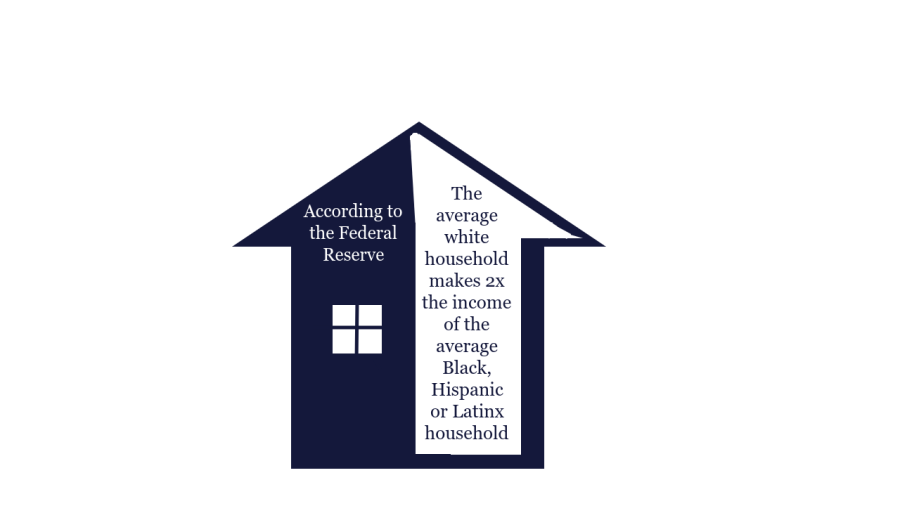Affirmative action proves necessary in 21st Century
The income inequalities between households based on race further prove why affirmative action is necessary.
January 23, 2023
College can be a difficult and sometimes frightening time for many, and getting accepted into an accredited college or university can often feel like a huge challenge. Over the years, many programs have been put in place to help students who have been historically disadvantaged get into these schools. But few are as hotly debated as affirmative action.
Affirmative action was created by the Kennedy administration in 1961 as a way of combating discrimination at the time. This wasn’t necessarily the end-all be-all to all discrimination, whether on the basis of sex, race or religion, it was a great first step in helping historically disadvantaged groups to be lifted up. Affirmative action was originally created for terms of employment, but is now being debated over its relevance in education.
This very question of the importance of affirmative action in college admissions is what the Supreme Court saw in the recent cases of Students for Fair Admissions v. President and Fellows of Harvard College and Students for Fair Admissions v. University of North Carolina. Each of these cases brings forth the question of whether or not race should play a part in college admissions.
While affirmative action was meant to be a somewhat temporary measure to ensure equal opportunities for all races, it is still necessary now. Obviously, a lot has changed since the 1960’s, but institutionalized racism is still ever present in our society. To say that many people of color have not faced disadvantages both now and historically is just frankly incorrect.
According to the U.S Federal Reserve, the average Black, Latinx and Hispanic households make half as much as their white counterparts. This further shows affirmative action is not only about race, but about socio-economic status as well. Saying that affirmative action is grossly offensive and a blanket statement overall people of color clearly is wrong due to these economic and social inequalities.
On the topic of economics, if non-white households are making less money on average, that also keeps them disadvantaged, as college is extremely expensive. This dives deeper into the issue of college affordability, and the idea that students will get more money from the government or from scholarships is incorrect. College will remain extremely unaffordable at least for the foreseeable future, and these socio-economic issues are already further holding back students of color.
In addition to this, the issues of equality vs. equity is one that mustn’t go unnoticed. Affirmative action is leveling the playing field for students of color, not necessarily making them better than their white counterparts. If we were to get rid of affirmative action all together, this would keep students of color at a significant disadvantage.
Yes, many schools are very focused on diversity especially in a time where colleges are being held more highly accountable for this, it isn’t a bad thing. Wanting to have diversity on campus isn’t discriminatory towards white people or other groups who have been more included over the years. It is actually a positive that schools are being held accountable of their potentially discriminatory pasts and will allow for the next generation to become more equal and have a more equitable future.
According to Professor Natasha Warikoo of Tufts University, decisions the Supreme Court makes could be “pretty devastating in terms of higher education. I think we will start to see a decline in representation at a lot of different levels as a result.” It’s unfortunate to say, but many colleges only do what is required of them and if affirmative action is struck down, many colleges will go back to not caring about the diversity they have on campus.
Ultimately, the decisions made on affirmative action will lie in the hands of the Supreme Court. Their decision will shift college admissions as well as opportunities for students of color in extreme ways, but it would ultimately be to their benefit to keep with affirmative action.






